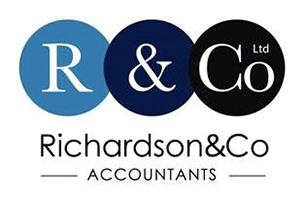Further relaxation of self-assessment thresholds announced
The government has announced changes to the threshold at which some taxpayers need to complete a tax return. What’s the full story?

The criteria for the requirement for self-assessment varies between different types of taxpayer. Previously, self-employed traders have enjoyed a turnover threshold of £1,000 with no requirement to register. HMRC has previously announced that the gross income threshold at which sole traders need to complete a tax return will increase from £1,000 to £3,000 before the end of 2029. Until now, it was unclear whether this would apply to other taxpayers.
The government has now confirmed that it will also increase similar thresholds for taxpayer’s with the following sources of income:
- property income, where the profit limit will increase from £2,500 to £3,000 (the gross income limit of £10,000 will remain unchanged); and
- other taxable income, which will increase to £3,000 from the current £2,500.
Note. The threshold only applies to the reporting of income, and some affected individuals will still have an income tax liability. HMRC intends to launch a simple online service to collect the tax and will be providing further details on this later in the year.
Related Topics
-
CT61
-
Repayment thresholds for student finance confirmed
Repaying student finance can seem complicated, with a number of different plan types each having different repayment thresholds. The thresholds for the forthcoming year have just been confirmed. What’s the full story?
-
Advance assurance pilot confirmed
There have been a number of changes to how research and development tax credits are claimed in recent years. HMRC has now confirmed that a pilot of a new clearance procedure will begin later this year. What do we know so far?





 This website uses both its own and third-party cookies to analyze our services and navigation on our website in order to improve its contents (analytical purposes: measure visits and sources of web traffic). The legal basis is the consent of the user, except in the case of basic cookies, which are essential to navigate this website.
This website uses both its own and third-party cookies to analyze our services and navigation on our website in order to improve its contents (analytical purposes: measure visits and sources of web traffic). The legal basis is the consent of the user, except in the case of basic cookies, which are essential to navigate this website.